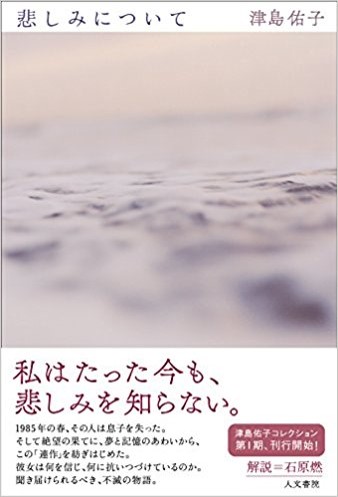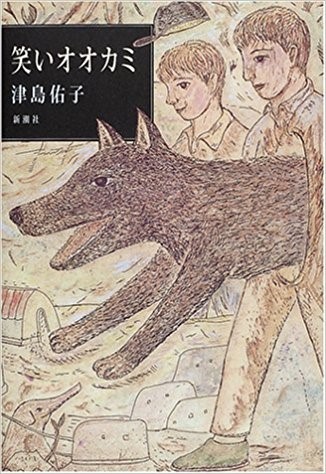Author: mazzah
Reiko Abe Auestad
Friday, October 27th, 3:00 – 5:00 p.m. in CEAS 319 (1155 E. 60th St.)
Discussant: Helina Mazza-Hilway (PhD candidate, EALC)
Please join us Friday, October 27th as we host Reiko Abe Auestad (Professor of Japan Studies at the University of Oslo.) She will present a draft of her article in progress, which she summarizes as follows:
The philosopher Avishai Margalit privileges an ethics “that tells us how we should regulate our thick relations” with family, friends, and others who are close to us, over a “morality” that concerns our “thin relations,” with those with whom we share only a common humanity. While Margalit points toward the difficulty of reconciling these two, this paper argues that Tsushima’s novels show how the distinction can be disrupted. I read Warai ōkami (Laughing Wolf), which addresses issues of history and memory, against Tsushima’s explicitly autobiographical work “Mahiru e” (Toward midday) to see how reading them together can connect the social and the personal by turning “thin relations” into “thick” ones through the act of remembering.
In a 2001 interview with members of Shishōsetsu kenkyūkai, Tsushima argued that it is impossible to write a work of fiction that is not somehow rooted in the authorial “I,” and that all fiction is therefore a form of “shishōsetsu,” or I-fiction. Overemphasis on the value of fictive imagination and so-called “socially important themes” can, she warns, not only kill the “I” in a work, but can also kill off its relation to humanity (and thus its status as literature) altogether.
Many of Tsushima’s novels are haunted by deaths of people close to her in real life, including her father, Dazai Osamu, her mentally handicapped brother, and her own son. At the same time, the novels enable the “rebirth” of these figures by way of affective association and creative remembering. Indeed, the great power of Tsushima’s novels lies in their ability to evoke the presence of these ghosts. The network of affective associations that they trigger in us through our knowledge of her life creates the very visceral qualities that render “thick” our ethical experience of reading about these people whom we have never met.
The paper is available directly below, or at this link. If you have not received the password, or have questions about accessibility, please feel free to contact Helina Mazza-Hilway (mazzah@uchicago.edu) or Susan Su (susansu@uchicago.edu).
Protected: Reiko Abe Auestad Paper
Will Carroll
Friday, October 6th, 3:30 – 5:30 p.m. in Wieboldt 301N
Discussant: Pao-Chen Tang (PhD student, Cinema and Media Studies and EALC)
Please join us Friday, October 6th, as we host Will Carroll (PhD Candidate in Cinema and Media Studies and EALC). He will present a draft of his article in progress, which he summarizes as follows:
This article draft reconsiders both Suzuki Seijun’s relationship to the New Left and the applicability of Japanese cinephilic film criticism to questions of history and ideology. It does so by looking at the film Fighting Elegy (Suzuki’s penultimate film for Nikkatsu, made in 1966) through the lens of an article written about the film by the critic Gondō Susumu in 1969. My ambition is that the article will mutually enrich our understanding of both the film and the methodology of the branch of film criticism in which Gondō is working.
The paper is available directly below, or at this link. If you have not received the password, or have questions about accessibility, please feel free to contact Helina Mazza-Hilway (mazzah@uchicago.edu) or Susan Su (susansu@uchicago.edu).


